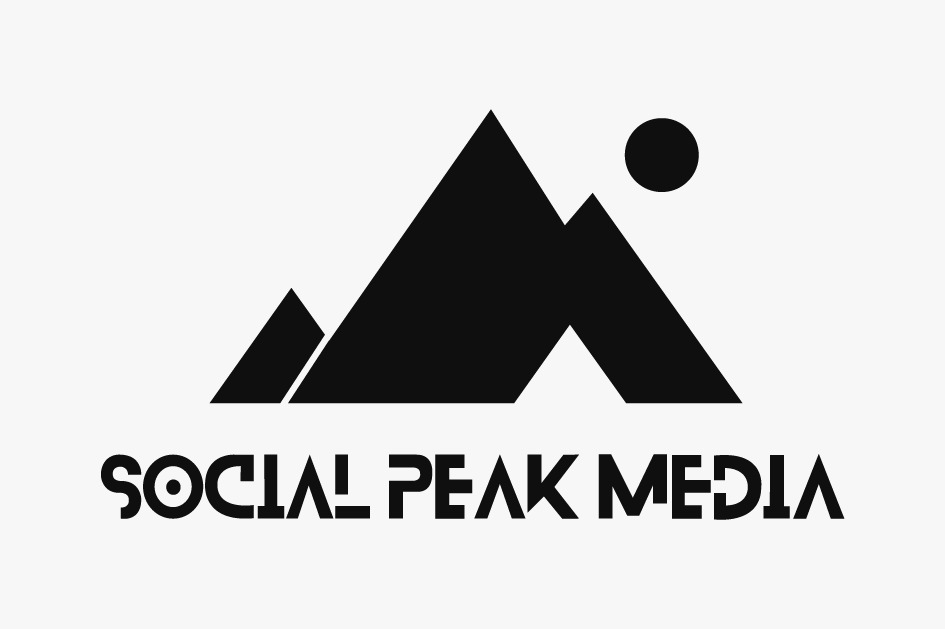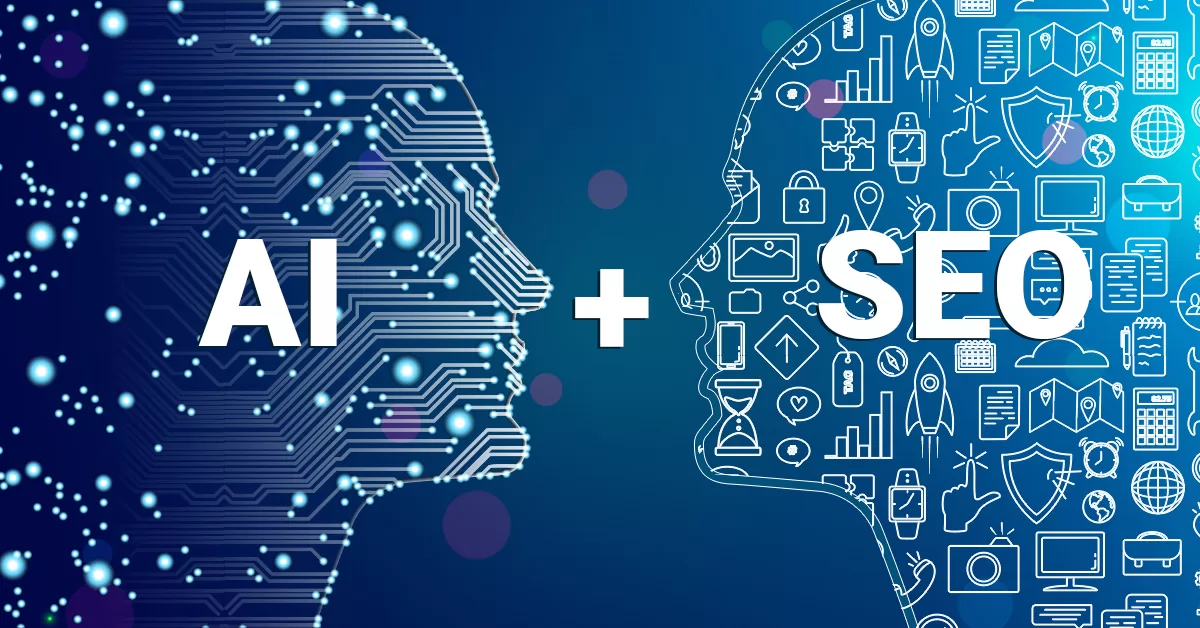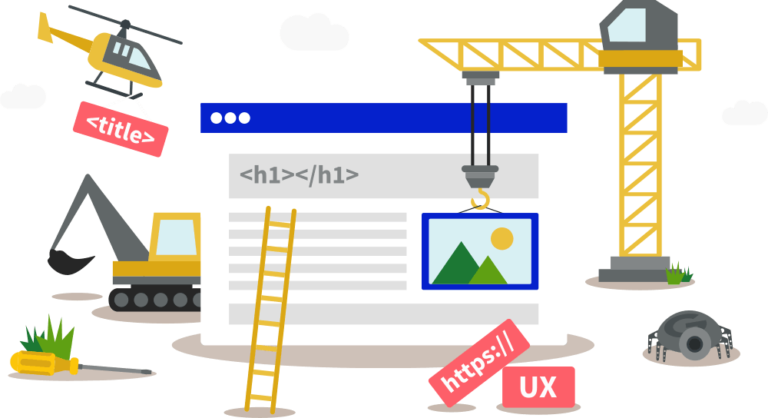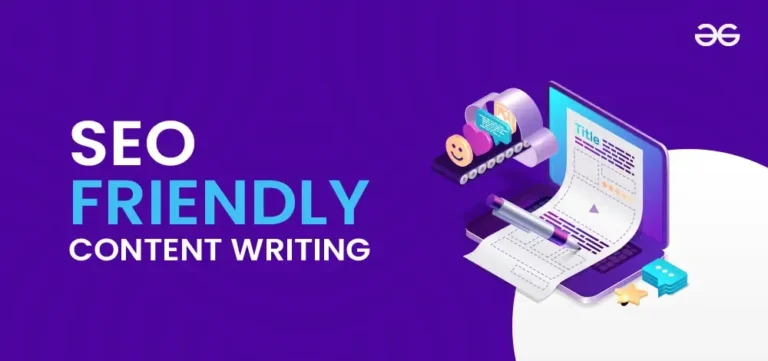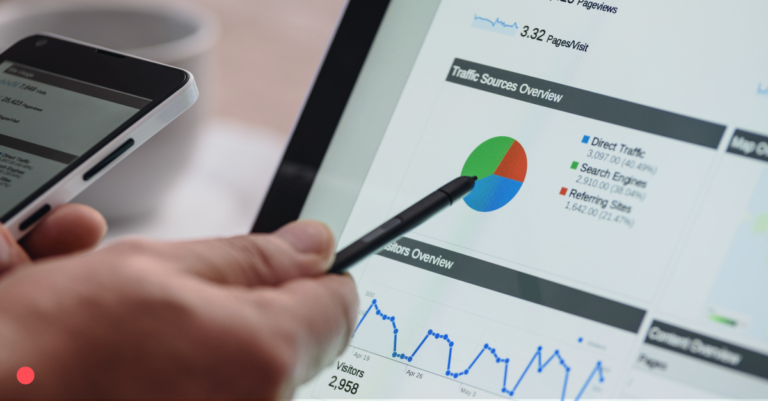How AI and Machine Learning Revolutionize On-Page SEO
In the ever-evolving world of digital marketing, staying ahead of the curve is crucial for any business, especially for small businesses in Sacramento. As a local marketing agency, Social Peak Media is dedicated to helping small businesses thrive by leveraging the latest in SEO technology.
One of the most exciting developments in the SEO landscape is the integration of artificial intelligence (AI) and machine learning (ML). These technologies are not just buzzwords—they’re game-changers that are revolutionizing how we approach on-page SEO.
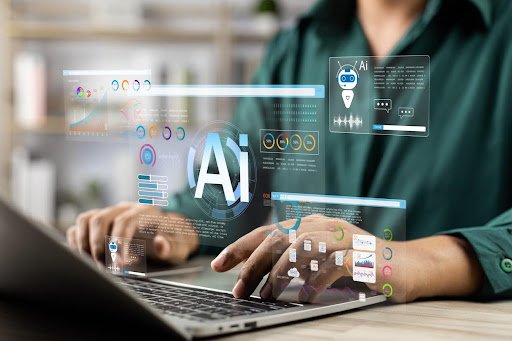
Using AI for Content Optimization in On-Page SEO
One of the most significant ways AI is transforming on-page SEO is through content optimization. Traditionally, optimizing content involved keyword research, writing compelling copy, and ensuring that the content is engaging for the audience. While these elements are still essential, AI takes content optimization to the next level by analyzing vast amounts of data to understand what works best for your target audience.
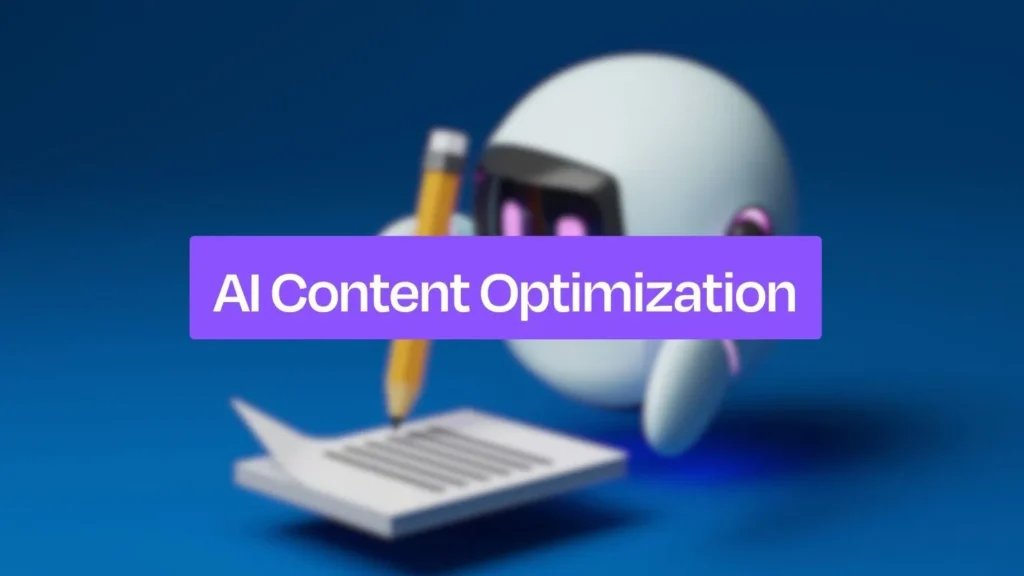
At Social Peak Media, we use AI-powered tools to analyze content performance in real-time. These tools can identify which keywords are driving traffic, how users are interacting with the content, and what elements need to be tweaked to improve engagement. AI doesn’t just stop at analysis; it can also suggest improvements, such as adding relevant keywords, rephrasing sentences for clarity, or even altering the structure of the content to better align with user intent.
AI’s ability to optimize content in real-time is particularly beneficial for small businesses in Sacramento that need to make the most of their marketing budgets. By using AI to fine-tune content, businesses can ensure that their websites rank higher in search engine results pages (SERPs), attract more visitors, and ultimately convert those visitors into customers.

One example of AI’s impact on content optimization is its ability to enhance content relevance through semantic analysis. AI can analyze user search queries and identify the context and intent behind them. This means that instead of simply focusing on exact match keywords, AI helps us create content that answers users’ questions more comprehensively. This not only improves the user experience but also increases the chances of ranking for long-tail keywords that are becoming increasingly important in today’s search landscape.
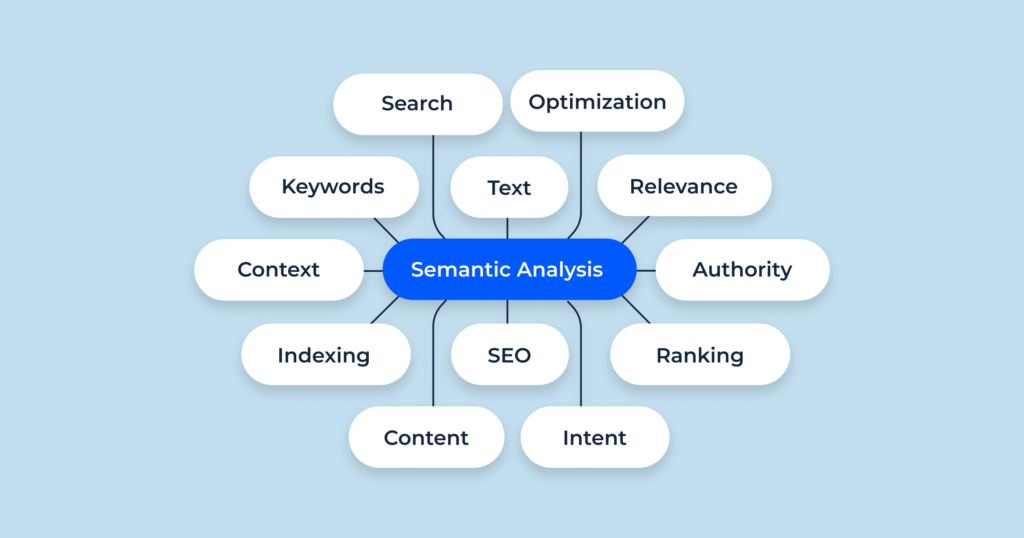
Moreover, AI can help in automating content creation processes. With natural language generation (NLG), AI can create drafts of content that are both relevant and engaging. While human touch is still essential to ensure quality and brand alignment, AI-generated content can serve as a strong foundation, saving time and resources, especially for small businesses that may not have large marketing teams.
Predictive SEO: Leveraging Machine Learning for On-Page Optimization
Another groundbreaking development in the realm of on-page SEO is predictive SEO, which leverages machine learning to predict future search trends. Machine learning algorithms can analyze historical data and identify patterns that might be invisible to the human eye. This capability allows marketers to anticipate what users will be searching for in the future and optimize their content accordingly.
Imagine being able to optimize your website for search queries that haven’t even become popular yet. That’s the power of predictive SEO. By staying ahead of the curve, small businesses can capture search traffic before their competitors even know what hit them. At Social Peak Media, we use machine learning tools to identify emerging trends in our clients’ industries and adjust their on-page SEO strategies accordingly.
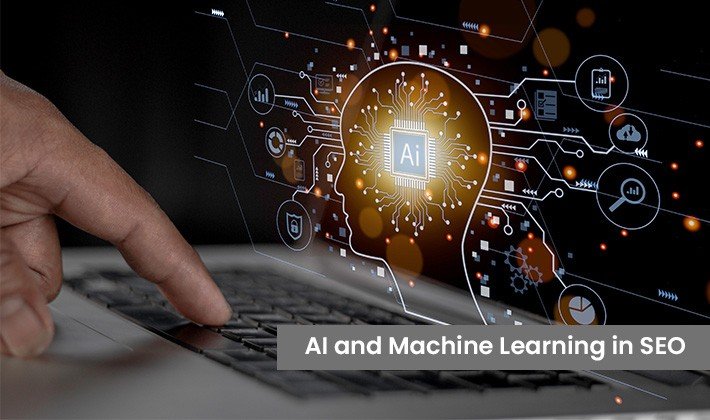
For example, machine learning can analyze search engine result pages (SERPs) and identify new keywords that competitors are starting to rank for.
Keyword Trend Analysis:
Machine learning can analyze search engine result pages (SERPs) and identify new keywords that competitors are starting to rank for. By identifying these trends early, we can create or update content to target these keywords before they become highly competitive. This proactive approach helps clients maintain a competitive edge and ensures their websites continue to attract high-quality traffic over time.
Anticipating Shifts in User Behavior:
Predictive SEO can anticipate changes in user behavior. For example, if data suggests that users are increasingly searching for video content or prefer mobile-friendly formats, we can adjust our on-page strategies to cater to these preferences. Aligning content with predicted user behavior increases the chances of maintaining strong search rankings even as the SEO landscape evolves.
Seasonal Optimization:
Machine learning models can analyze historical data to predict seasonal spikes in search volume for specific keywords or topics. For small businesses in Sacramento, this means being prepared for local events, holidays, or seasonal trends that could impact search behavior. By optimizing content in advance, businesses can capture the surge in traffic during these peak periods, maximizing visibility and potential conversions.
The Role of AI in Analyzing User Behavior for On-Page SEO
Understanding user behavior is key to effective on-page SEO, and AI plays a crucial role in this area as well. By analyzing user behavior, AI can provide insights into how visitors are interacting with your website, which pages they’re spending the most time on, and where they’re dropping off. This information is invaluable when it comes to optimizing your site’s content and layout.
For instance, if AI analysis reveals that users are frequently abandoning a particular page, it might indicate that the content isn’t engaging enough or that the page’s design is confusing. Armed with this knowledge, we can make the necessary adjustments to improve the user experience and keep visitors on the site longer.

Moreover, AI can help personalize the user experience by delivering content tailored to individual preferences. By tracking user behavior over time, AI can predict what type of content a visitor is most likely to engage with and adjust the website accordingly. This level of personalization can significantly increase user engagement, leading to higher conversion rates and better overall SEO performance.
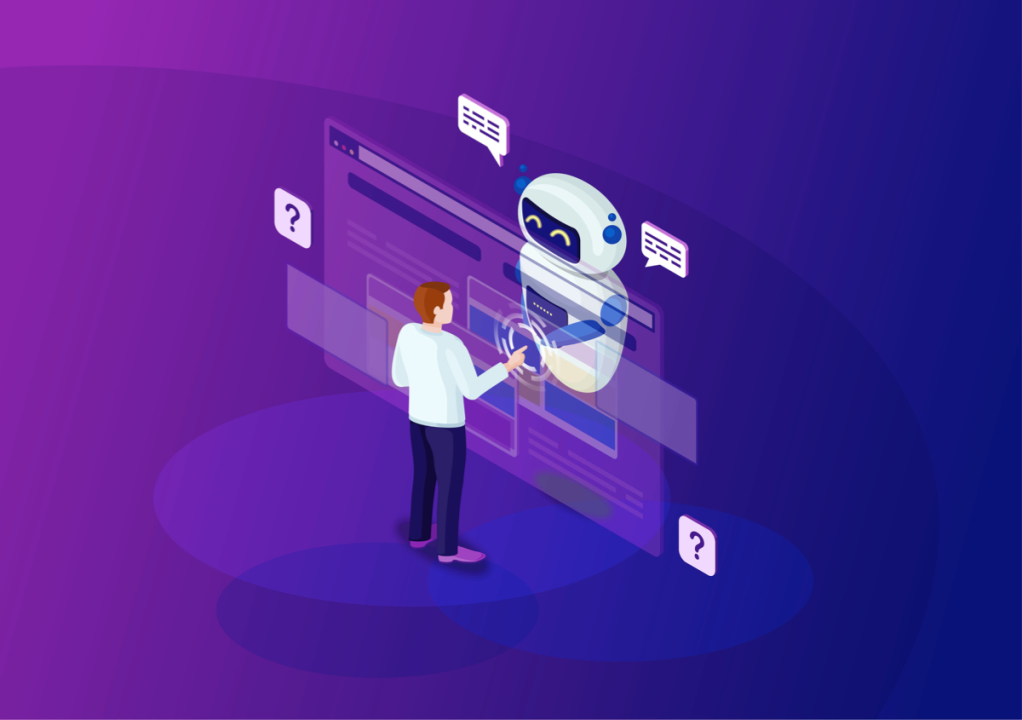
AI is not only revolutionizing content personalization but also enhancing the way websites are structured and optimized for user engagement. Here are a couple of ways AI can improve the user experience and boost SEO performance:
- Optimizing Website Layout and Navigation with AI:
AI can analyze heatmaps and click patterns to identify which areas of a webpage are getting the most attention. This data helps inform decisions about where to place call-to-action buttons, how to structure menus, and which content to feature more prominently. By optimizing the user interface based on real-time data, we improve user experience, leading to longer dwell times and lower bounce rates—both key ranking factors in SEO. - AI-Driven A/B Testing:
Traditional A/B testing compares two versions of a webpage to see which one performs better. AI goes further by continuously testing multiple variations of a page and learning from user interactions in real-time. This enables dynamic optimization, where the best-performing elements of a page are automatically prioritized, resulting in continuous improvements without manual intervention.
AI Tools to Improve On-Page SEO Efficiency
There’s no shortage of AI tools designed to enhance on-page SEO, and at Social Peak Media, we’re always on the lookout for the best ones to serve our clients. These tools not only save time but also improve the accuracy and effectiveness of SEO strategies.
One of the most popular AI tools for on-page SEO is content optimization software that uses natural language processing (NLP) to understand and enhance the content. These tools can analyze the text for readability, keyword density, and even tone, making it easier to create content that resonates with your audience.
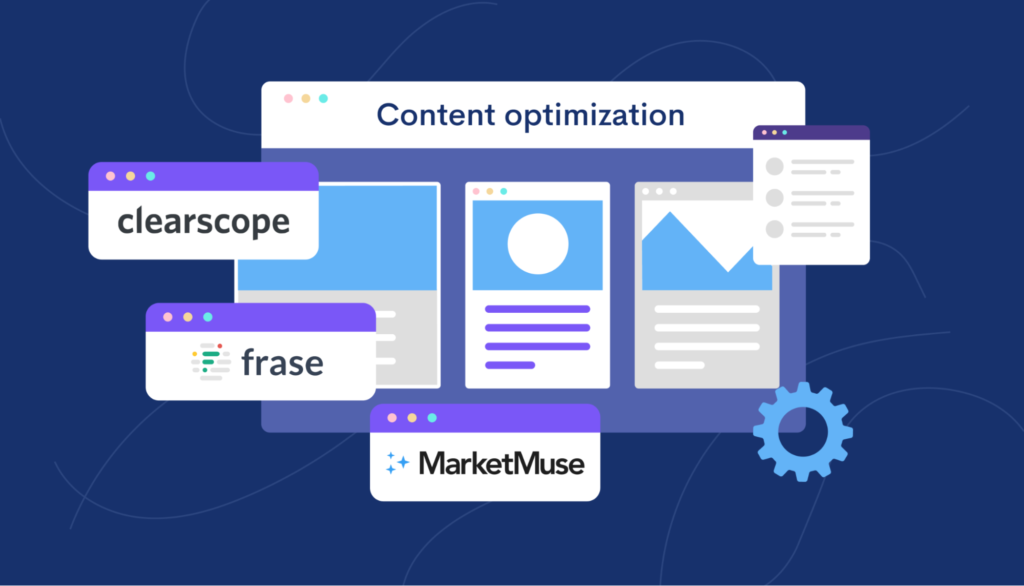
Another valuable AI tool is the automated SEO audit tool. Traditional SEO audits can be time-consuming and often require manual checks. However, AI-powered audit tools can quickly scan your website for technical issues, such as broken links, slow loading times, and poor mobile responsiveness, and provide actionable recommendations for improvement.
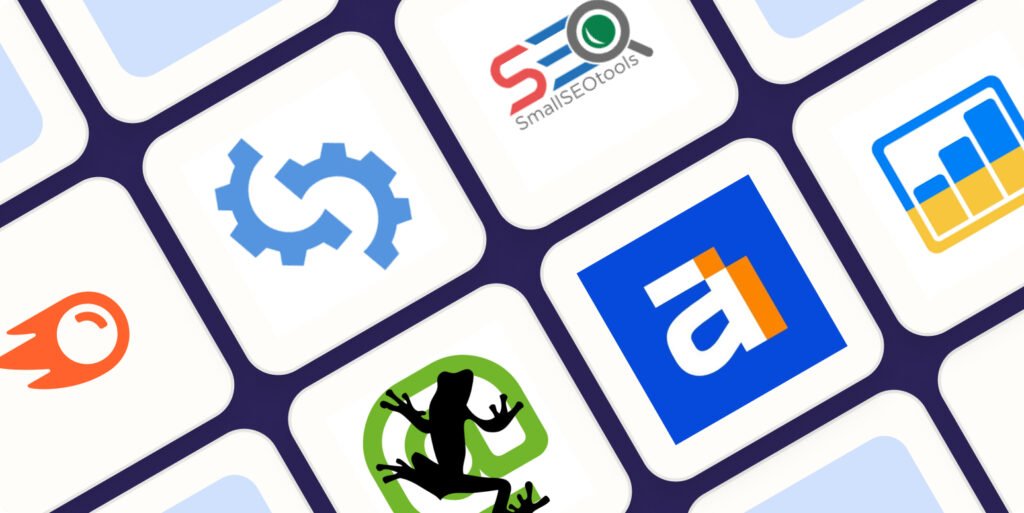
At Social Peak Media, we also use AI-driven analytics tools to monitor the performance of our clients’ websites continuously. These tools can track everything from keyword rankings to user engagement metrics, providing real-time insights that allow us to make data-driven decisions. This means we can quickly adapt our strategies to meet changing market conditions, ensuring that our clients stay ahead of the competition.
One of the most exciting developments in AI tools for SEO is the integration of machine learning algorithms that can predict search engine algorithm updates. By analyzing historical data and identifying patterns in how search engines have adjusted their algorithms in the past, these tools can provide insights into potential future changes. This allows us to preemptively adjust on-page SEO strategies to avoid any negative impacts from algorithm updates, ensuring that our clients’ websites continue to perform well.
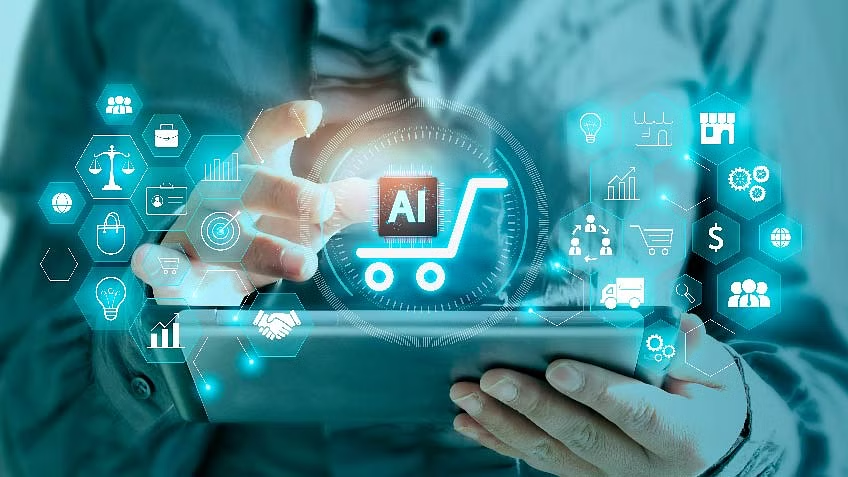
Additionally, AI-powered content creation tools are becoming increasingly sophisticated. These tools can generate content outlines, suggest headlines, and even create initial drafts of articles. While human input is still essential to ensure quality and alignment with brand voice, these tools can significantly speed up the content creation process, allowing us to focus on more strategic tasks.
How Machine Learning Algorithms Influence Search Rankings
Search engines like Google are constantly evolving, and machine learning plays a significant role in this evolution. Machine learning algorithms are used to analyze vast amounts of data and improve search engine results. These algorithms are designed to understand the context and intent behind search queries, which means that content relevance is more important than ever.
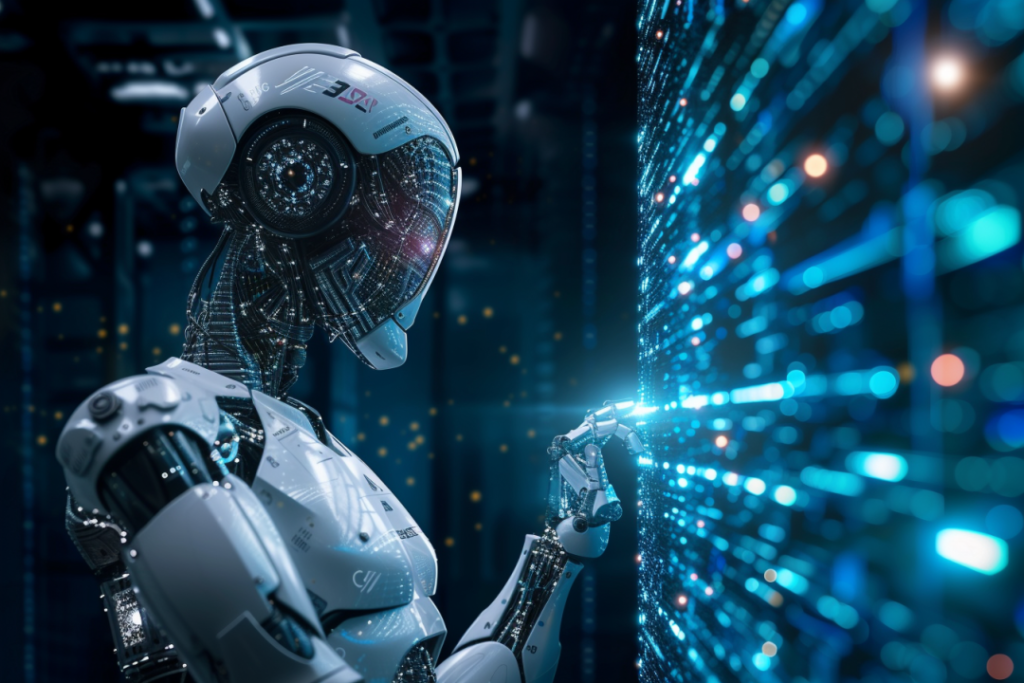
One of the most well-known machine learning algorithms in SEO is Google’s RankBrain. RankBrain is an AI-driven algorithm that helps Google understand the meaning behind search queries and deliver the most relevant results. This algorithm considers factors such as user engagement, click-through rates, and dwell time to determine how pages should be ranked.
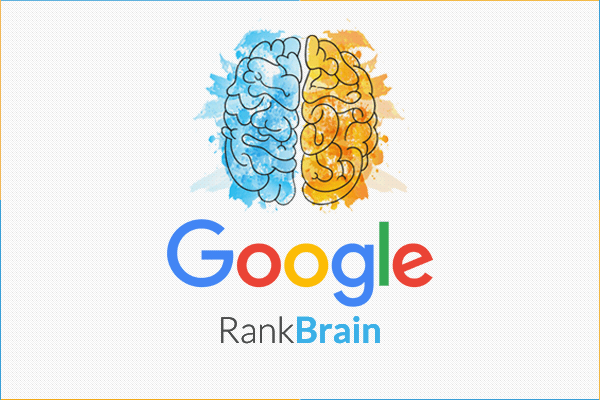
As a Sacramento-based marketing agency, we understand the importance of keeping up with these changes. By leveraging machine learning algorithms, we can optimize our clients’ content to align with the latest ranking factors. This might involve adjusting keyword strategies, improving user engagement, or even rethinking how content is structured to better meet user intent.
Machine learning also influences search rankings through the analysis of user signals. For example, if a particular page has a high bounce rate, it might indicate that the content isn’t meeting users’ needs. Machine learning algorithms can detect these signals and adjust the page’s ranking accordingly. By understanding how these algorithms work, wecan help our clients improve their on-page SEO and maintain high rankings over time.
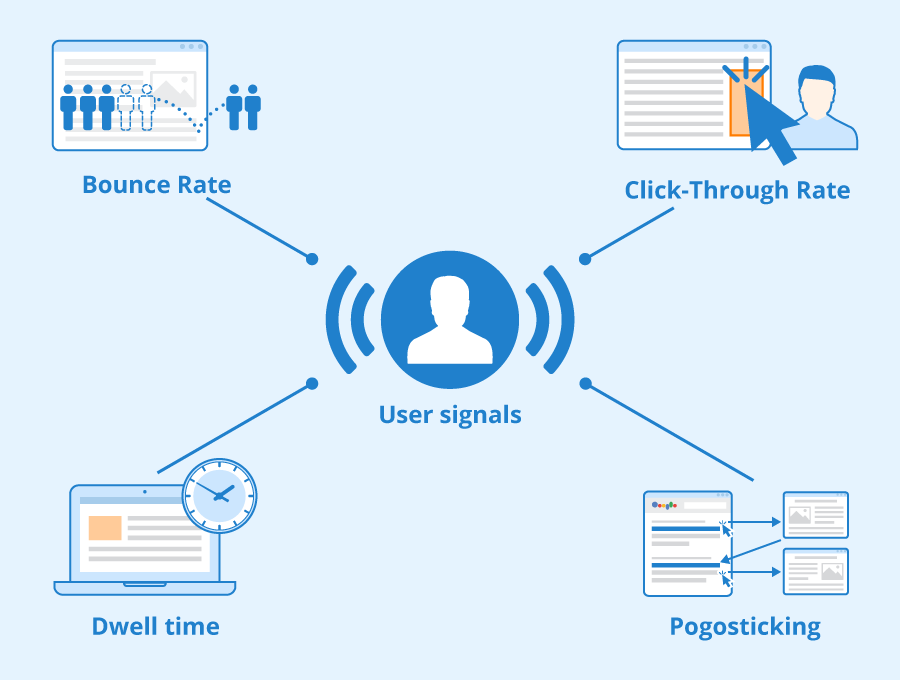
Furthermore, machine learning is increasingly being used to analyze and combat spammy SEO practices. Search engines are getting better at identifying and penalizing websites that use black hat techniques, such as keyword stuffing, link farming, or cloaking. By leveraging machine learning, search engines can detect these practices more accurately, ensuring that only high-quality, relevant content rises to the top of the SERPs.
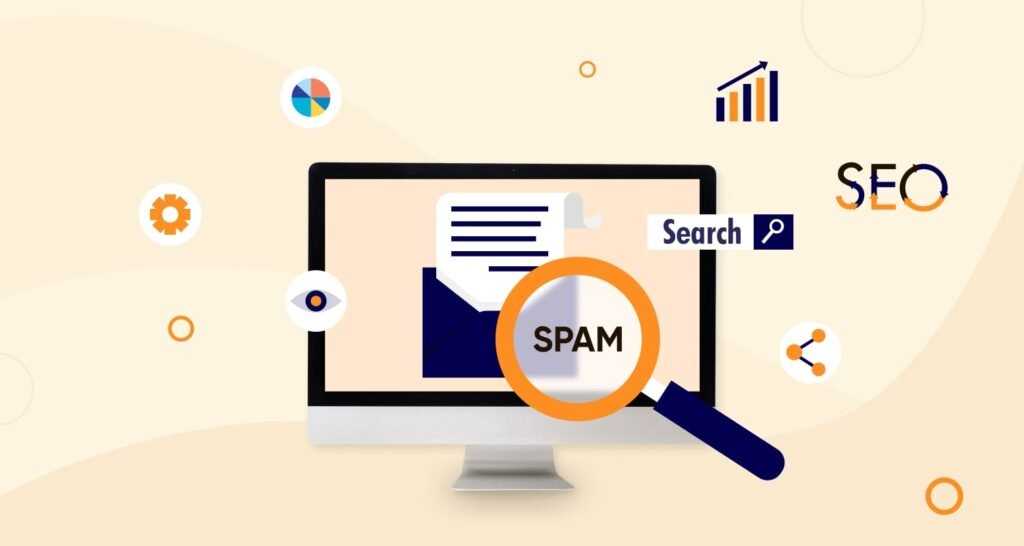
At Social Peak Media, we take pride in using ethical, white-hat SEO practices that align with the best practices promoted by search engines. By staying on the right side of these evolving algorithms, we help our clients build sustainable, long-term SEO success. This not only protects them from potential penalties but also ensures that their websites continue to provide value to their users, which is ultimately what search engines prioritize.
The Future of On-Page SEO with AI and Machine Learning
The integration of AI and machine learning into on-page SEO is still in its early stages, but the potential is enormous. As these technologies continue to evolve, they will undoubtedly become even more integral to SEO strategies. For small businesses in Sacramento, this presents a unique opportunity to stay ahead of the competition by embracing these advancements now.
At Social Peak Media, we’re committed to helping our clients navigate this new landscape. By leveraging AI and machine learning, we can create more effective, data-driven SEO strategies that deliver real results. Whether it’s through content optimization, predictive SEO, or user behavior analysis, AI is helping us take on-page SEO to new heights.
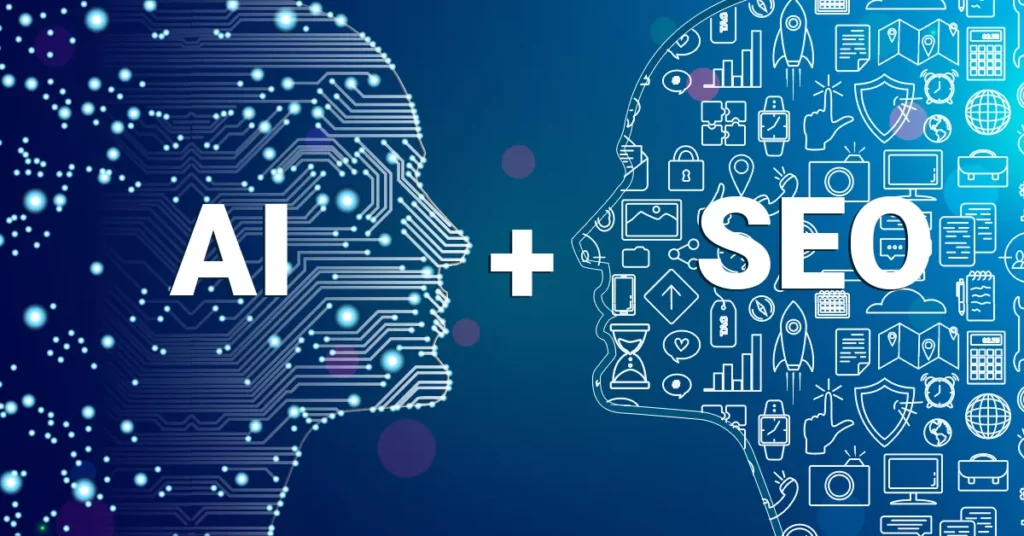
The future of on-page SEO is looking more exciting than ever, thanks to the growing influence of AI. Here are three key ways AI is set to reshape how we optimize websites:
Hyper-Personalized User Experiences:
As AI becomes more advanced, it will go beyond just personalizing content—it will tailor entire website experiences based on individual users’ preferences, behaviors, and even real-time contextual factors. This deep level of personalization will make websites more engaging and better at converting visitors into customers.
Voice Search Optimization:
With the rise of voice-activated devices like smart speakers, search queries are becoming more conversational and question-based. AI will play a crucial role in analyzing and optimizing content for these types of queries, ensuring that websites stay visible in this rapidly changing search landscape.
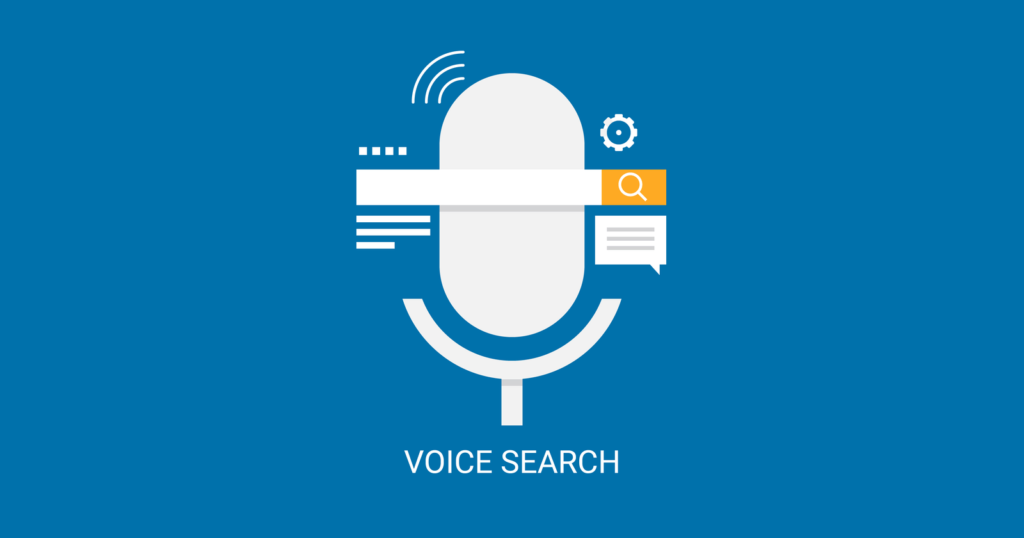
Increased Automation in SEO Processes:
From automated content creation to real-time SEO audits and continuous A/B testing, AI will bring more automation to SEO. This will create greater efficiency for small businesses and open up more opportunities to compete with larger companies on a level playing field.
By staying at the forefront of these trends, Social Peak Media is committed to helping small businesses in Sacramento harness the power of AI and machine learning to achieve their SEO goals. Whether you’re looking to improve your website’s visibility, drive more traffic, or convert more visitors into customers, we have the expertise and the tools to help you succeed in the digital age.
FAQs
Disclosure: Our blog contains affiliate links to products. We may receive a commission for purchases made through these links. However, this does not impact our reviews and comparisons. We try our best to keep things fair and balanced, in order to help you make the best choice for you.
